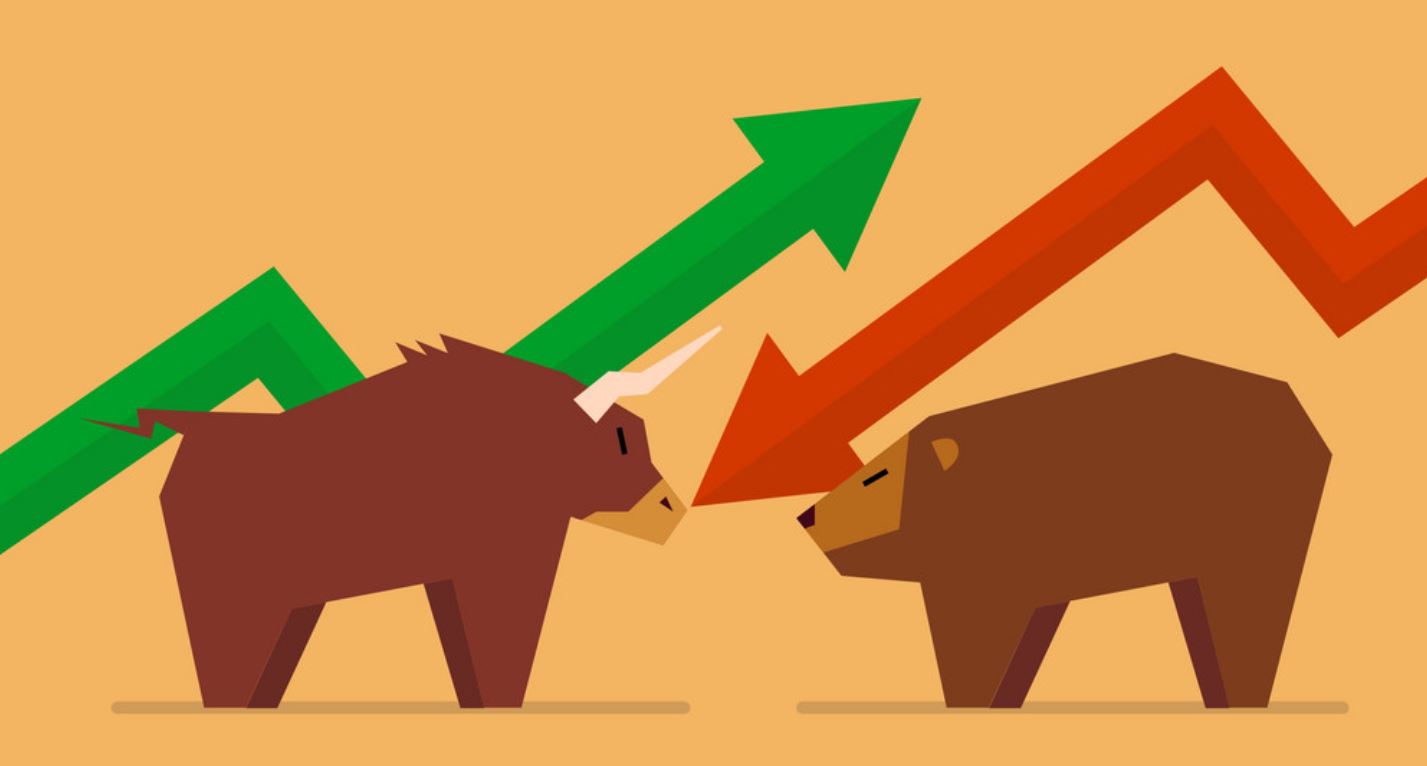
I bet you heard the news this week about the China Evergrande debacle. Global markets shedding billions of dollars due to large and small investors fearful of the butterfly effect of an international behemoth in mountains of debt. China making cryptocurrencies illegal certainly didn’t help investor sentiment either, smashing crypto markets and stocks associated with them too.
Volatility struck the markets this week and usually that word is considered somewhat dirty in the finance world. But what does volatility really mean for the average investor? Actually, if you’re a young investor (or a long-term one) it has one simple and powerful meaning: opportunity.
If you approach investing with a long term mindset, as well as having the time and patience to weather the storms of tumultuous times, volatility is not a loss, but a potential gain for you.
Let me explain. If you were to see a sale that had the newest iPhone discounted by 20% from $1000 to $800 – would you consider it a buying opportunity? If yesterday, the iPhone was attractive, good value and worthy of your hard earned dollars, surely today means that a 20% price decline would make it a no-brainer. It’s the same phone at a better price.
But when it comes to the stock market, it seems to be a different story. If one of your favourite companies has it’s stock price cut by 20% on speculative grounds but the overall future of the business remains the same – then it’s just the same business at a 20% more attractive price. But more often than not, this has the opposite effect, even if the news doesn’t dramatically change how attractive that business is.
For example, Afterpay (ASX: APT) had its stock price crushed by almost 75% in the height of the pandemic sell off in May 2020; dropping from $38 to under $10. Now, there may have been reasonable concern for Afterpay to be discounted by the market; they had never sailed the seas of a recession before, so there was no idea how they would perform in that environment. Add to that the general uncertainty of that time as well as consumer sentiment – well it didn’t seem to swing in Afterpay’s favour.
But the question is – was the sell off of almost 75% reasonable in relation to the current news or situation? Had Afterpay’s brand, business and potential earnings been fairly slashed by three-quarters? At the time of writing, it’s stock price sits around $130, awaiting a takeover by American fintech giant, Square (NYSE: SQ). The market’s volatile destruction of Afterpay wasn’t equitable to the reality of their business potential. Stimulus checks, lack of holidays resulting in splurging on other items and other imperceptible events meant Afterpay did reasonably well during the pandemic and it’s stock price reflected that. The bears had been too pessimistic in their views.
However, as always in investing, we take this case by case and nuance is important. A 20% price decline could even be considered not steep enough if the news indicates the company is going to go bankrupt!
Volatility can be painful, intense and sharp – especially when it’s one of your own stocks on the chopping board. But, just because the price is going down, doesn’t mean the value is. Be cautious and not too trigger happy when you see a decline in share price. Zoom out and remember the long game. Next time volatility strikes the market ask yourself: have the fundamentals of the business changed? Is this the same business it was yesterday? Could this be a potential buying opportunity?
If you have the time horizon to weather volatile market movements and the capital to deploy accordingly, then volatility could be your best friend. The next exogenous event, whether it be a banning of crypto in some other country or inflation hitting all time highs – could be your chance to snag a bargain on one of your favourite companies.
Strawman is Australia’s premier online investment club.
Members share research & recommendations on ASX-listed stocks by managing Virtual Portfolios and building Company Reports. By ranking content according to performance and community endorsement, Strawman provides accountable and peer-reviewed investment insights.
Disclaimer– Strawman is not a broker and you cannot purchase shares through the platform. All trades on Strawman use play money and are intended only as a tool to gain experience and have fun. No content on Strawman should be considered an inducement to to buy or sell real world financial securities, and you should seek professional advice before making any investment decisions.
© 2021 Strawman Pty Ltd. All rights reserved.
| Privacy Policy | Terms of Service |
ACN: 610 908 211







